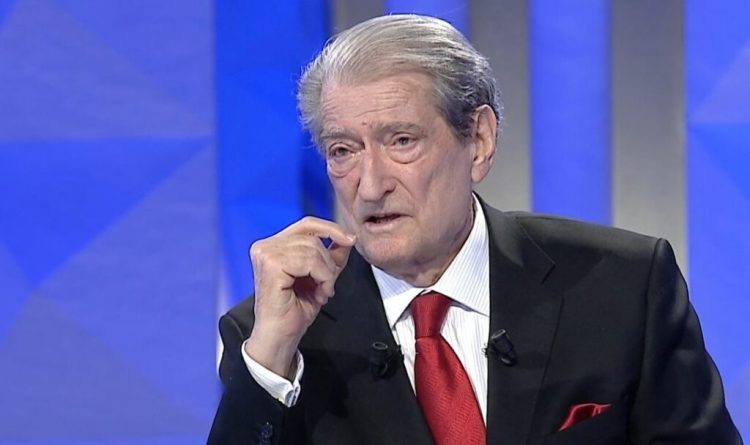Sali Berisha claims he planned to retire from politics before “non grata” designation

Sali Berisha claimed for the first time in an interview in Opinion on TV Klan that he had planned to resign his parliamentary mandate at the start of the 2021 legislature and retire from active politics permanently. However, his plans changed after the United States declared him and his entire family “non grata,” citing allegations of corruption, and his successor, Lulzim Basha, expelled him from the Democratic Party’s parliamentary group shortly thereafter. In the same interview he also attacked SPAK and its chief Altin Dumani.
Why is this important: Critics have long accused Berisha of using the Democratic Party as a personal shield to protect himself from legal troubles. By organizing protests and disruption, he has been seen as leveraging the party to pressure justice authorities and the government to abandon any investigations or proceedings against him. This was the first time that Berisha issued what could be seen as an admission that his stay in politics is related to his legal troubles.
Context: The break with Basha came after Berisha announced he would sue the U.S. State Department over the designation. Basha asked Berisha to suspend his role in the Democratic Party until he could clear his name and that of his family, who were also declared “non grata” alongside him. Not long after the U.S. designation, Berisha was also blacklisted by the United Kingdom for alleged links to organized crime. Eventually he was also investigated by SPAK alongside his son-in-law for his role in the so-called Partizani complex case.
Basha’s decision in September 2021 to expel Berisha from the parliamentary group marked a significant rift in the Democratic Party. Berisha, who had handpicked Basha as his successor, launched a campaign against him, eventually regaining control of the party. The split fractured the Democratic Party, with Berisha’s swift return to leadership reinforcing long-standing suspicions that Basha had been a figurehead during his tenure, with Berisha pulling the strings in the background.
Threats and promises: In both his TV interview and subsequent remarks to journalists at DP headquarters, Berisha focused heavily on attacking Altin Dumani, the head of the Special Anti-Corruption Structure (SPAK). He accused Dumani of ties to electoral and organized crime, labeling SPAK a criminal institution.
Berisha also pledged that, if the Democratic Party returns to power, it will undo judicial reforms and seek amendments through the Venice Commission. He insisted that Dumani’s fate will be decided by justice, underscoring his hostility toward anti-corruption efforts.


